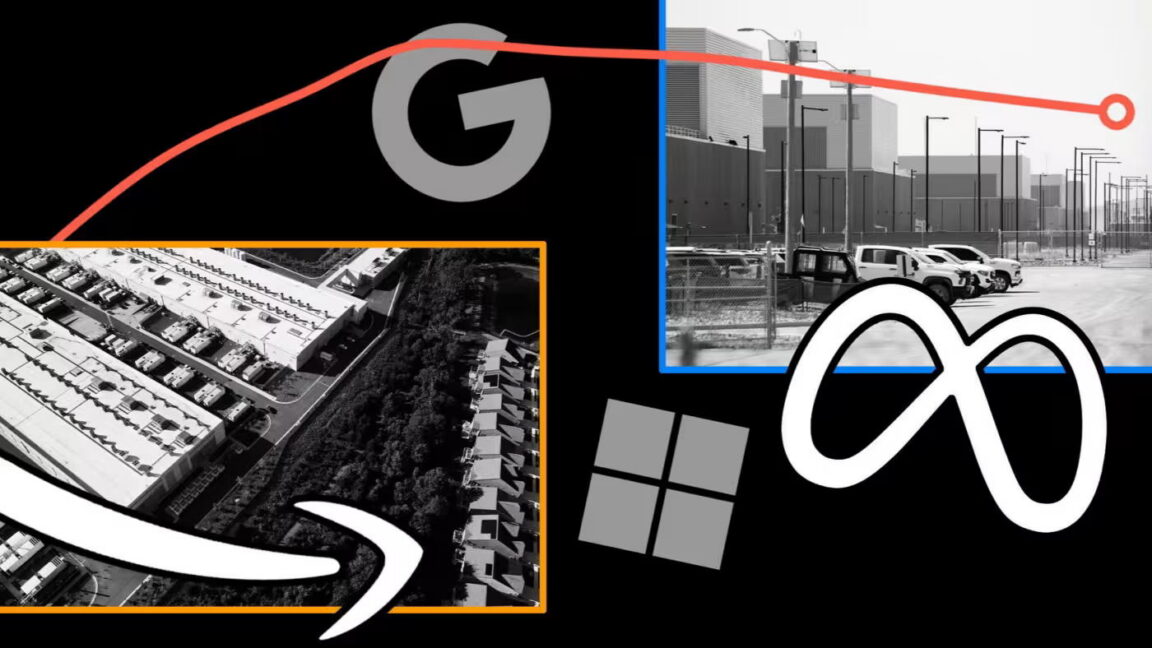Big Tech may fall short of green energy targets due to proposed rule changes
“There’s going to be one price trend: that is you will see higher costs for certificates at low producing times of day and seasons,” said Daniel Arnesson, of the energy analytics company Veyt. Across a global portfolio, this may make it “fundamentally more expensive” to buy credits. Amazon, Meta, Salesforce, Microsoft, and Google have all…

“There’s going to be one price trend: that is you will see higher costs for certificates at low producing times of day and seasons,” said Daniel Arnesson, of the energy analytics company Veyt. Across a global portfolio, this may make it “fundamentally more expensive” to buy credits.
Amazon, Meta, Salesforce, Microsoft, and Google have all previously been among the Protocol’s disclosed financial backers, while its ongoing reform of all its accounting standards has been the subject of intense corporate lobbying.
Only a handful of companies including Google and AstraZeneca have backed the more expensive “24/7” hourly-matching and localized approach to clean energy investments that has been proposed for consultation.
A coalition that includes Meta, Amazon, and General Motors had instead argued for more flexibility in clean energy purchases, which it said could channel funds to developing countries more in need of these investments. It has also suggested a technique to account for emissions “avoided” by clean energy, which the Protocol is separately considering.
A group of attorneys-general in the US accused Microsoft, Meta, Google, and Amazon last month of using “environmental accounting gimmicks” to make claims that “appear deceptive,” while destabilizing their local grids through “skyrocketing” demand for power.
Amazon declined to comment. Microsoft, Meta, and Google did not respond to requests for comment.
The way greenhouse gas emissions are counted has been less scrutinized than traditional financial accounting. But it underpins how much the world’s largest companies pay in carbon levies in the EU, China, and elsewhere, how easily they can hit climate goals outlined to investors, and how they market themselves.
A coalition of companies including BlackRock’s Global Infrastructure Partners and energy groups ExxonMobil and Adnoc said this week it wanted to work on an improved carbon accounting framework.
© 2025 The Financial Times Ltd. All rights reserved. Not to be redistributed, copied, or modified in any way.
